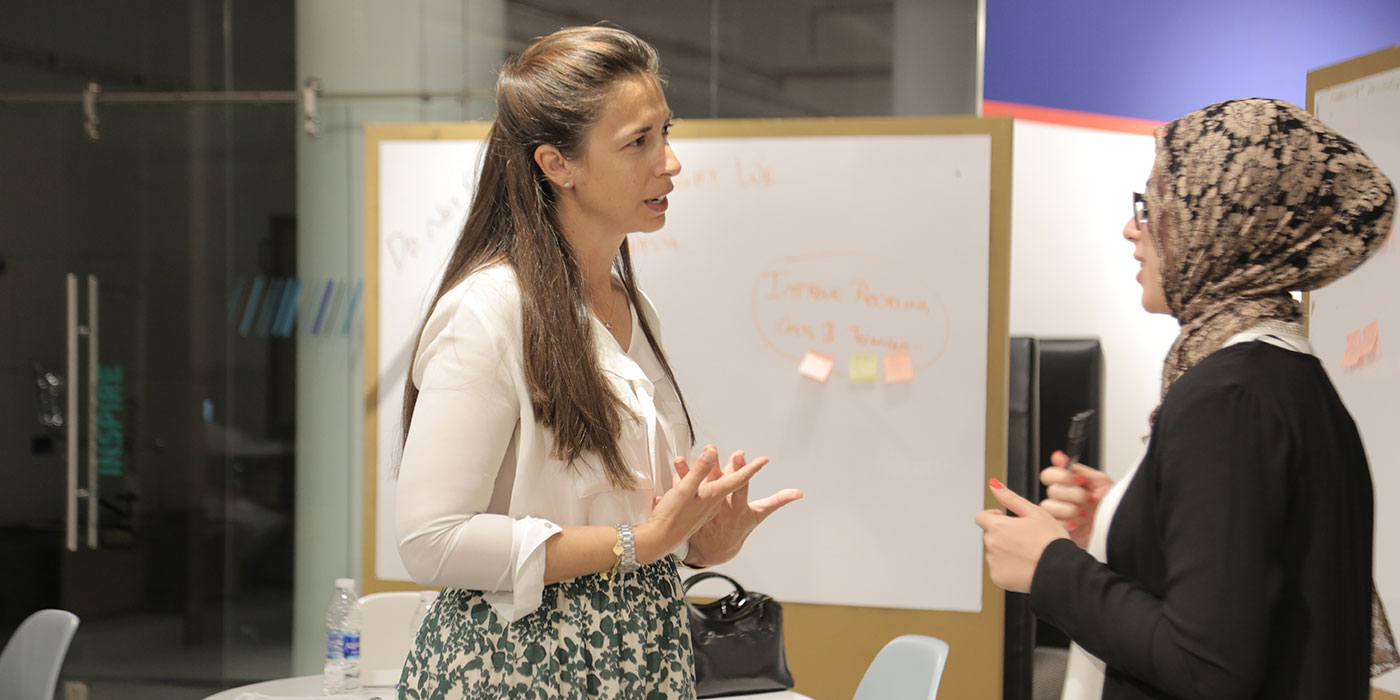The Power of Empathy in Business
By Naila Tariq–
The world of business and finance has long had a reputation for being cutthroat, competitive, and lacking in values that do not immediately add to the bottom line. Essentially, there’s little-to-no empathy, with everyone out for their own gain.
While this is a reductionist stereotype, there is reason for its existence. Consider the recent barrage of scandals at Uber, some involving the now-former CEO Travis Kalanick. Or United Airlines’ Oscar Munoz, who apparently needed three tries before he made an appropriate apology for a passenger being forcibly dragged off one of the airline’s flights.
So why is it that the more power CEOs and companies get, the less empathetic they become? Is it just how the corporate world works? Survival of the fittest mentalities, putting on a “strong front,” and aggressive power moves? Should customers and employees and founders/entrepreneurs just get with the program, because it’s the only way companies can provide their services and get ahead?
Nope.
The problem is that your ability to empathize decreases the more power you have. Which is why you notice less empathy, emotional awareness, and sensitivity the higher up the corporate food chain you go. Especially as your decision-making becomes more and more isolated, with less input from others but greater responsibility and consequences.
What was that phrase again? Ah, yes. Power corrupts, and absolute power corrupts absolutely.
But this isn’t some inevitable destiny. By maintaining your self-awareness and humility, surrounding yourself with a strong support group who hold you accountable, and questioning the motives behind your decisions and actions, you can ensure that you keep this valuable skill.
The problem is many don’t want to.
Executives have admitted that they consider showing empathy – be it for their employees, clients, or community at large – a show of weakness (and “feminine,” which is a can of worms we will refrain from cracking open right now).
However, as plenty argue, empathy is not the soft, frilly, kitten-in-a-basket wimpiness people think it is.
Fact is, empathy can be a huge asset in business, once people have gotten over the supposedly-negative associations they have with it. Used appropriately and generously, empathy can help your business at every level.
Understanding your customers better and putting yourself in their shoes helps you serve them better. When you not only see the issues they face, but feel their pain, you unlock the ability to come up with more creative solutions that directly address the problem. And better solutions, means more satisfied customers, which means more success for your business.
It’s not just your customers you should be concerned with, however. The people who work with and under you matter as well.
Understanding your employees allows you to build an environment in which they are not only happier, but overall better, more productive workers. Sure, you can get adequate output from employees in stressed, toxic workplaces – just look at Amazon – but “adequate” does not mean thriving, neither for your workers nor your business.
Happier workers means higher productivity and loyal supporters of your vision. And that requires you to connect with them, understanding how to accommodate their needs and simultaneously maintain order.
Empathy is an asset even as you interact with your competitors and fellow ecosystem players. It opens room for cooperation and collaboration that helps you all, instead of wasting time and energy trying to tear each other down. It also means more possibilities for innovation, as you learn to fill a gap that maybe they can’t, or won’t, but that has great potential.
And hey, it also helps prevent PR disasters like Uber and United Airlines.
So – if this is a notion you have – do away with the misconception that empathy is a weakness that hinders success.
It’s perfectly possible to be successful in business and not lose yourself in the process.
It’s harder, yes. It takes more effort, more introspection. But in the long run, it is so, so worth it, for everyone involved.
SEE ALL STORIES
